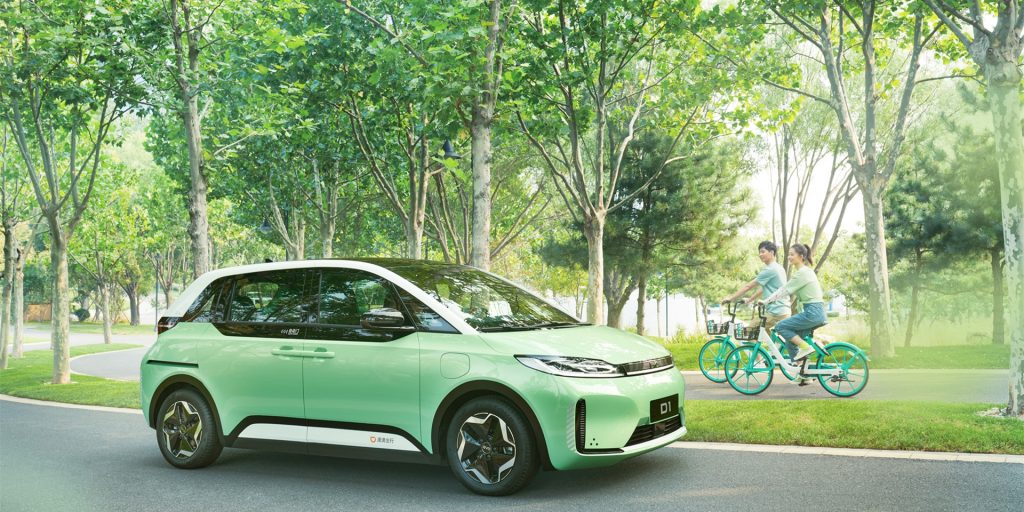New Delhi: As the government gears up to welcome Elon Musk’s Tesla to set up a supply chain ecosystem in the country in the foreseeable future, the Centre has reportedly rejected Chinese electric vehicle (EV) giant BYD Motors’ plan to set up a $1 billion four-wheeler manufacturing facility in the country.
BYD’s proposal to join hands with Hyderabad-based Megha Engineering and Infrastructures Ltd (MEIL) for electric cars and batteries has apparently hit a roadblock over “security concerns”, reports The Economic Times.
In its proposal to the Department for Promotion of Industry and Internal Trade (DPIIT), BYD-MEIL reportedly made a pitch to manufacture up to 15,000 electric cars a year in the country.
Meanwhile, Olectra Greentech, which is a unit of MEIL, has already manufactured two electric buses with technical support from BYD Motors.
However, the government was not reportedly keen to give the nod to the Chinese EV manufacturer to invest in India.
Ironically, BYD already has a notable presence in India in the EV car market.
BYD India Private Ltd targeted a sales of 15,000 units in 2023, while increasing its distribution network and expanding production capacity if needed.
The company currently rolls out e6 model, a multi-purpose vehicle (MPV), from its Tamil Nadu plant. The company’s plant near Chennai has a capacity to roll out 10,000 units per year.
In January this year, the Chinese electric carmaker unveiled its new luxury sedan BYD Seal which, it said, will be launched in the country during the last quarter of 2023.
The Chinese electric car maker also claimed that BYD Seal has a range of up to 700 km on a single charge.
BYD Seal is BYD India’s third model for the passenger EV segment in India after the all-new e-6 electric MPV and BYD ATTO 3 e-SUV, both of which are already on sale.
BYD India is a wholly owned subsidiary of Warren Buffet’s Berkshire Hathaway funded Chinese company BYD Auto.
“If need be we will expand the capacity,” Sanjay Gopalakrishnan, Senior Vice President of Electric Passenger Vehicle Business, had told IANS in October last year.
IANS
